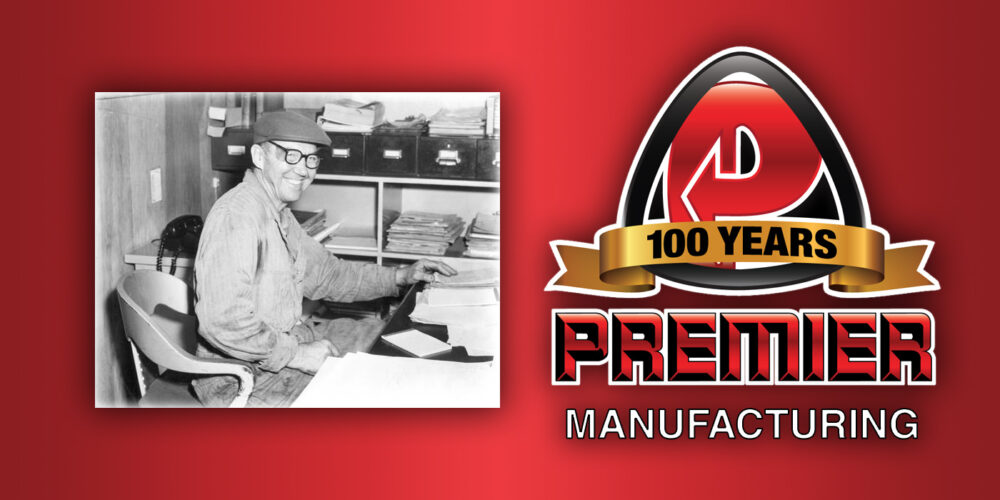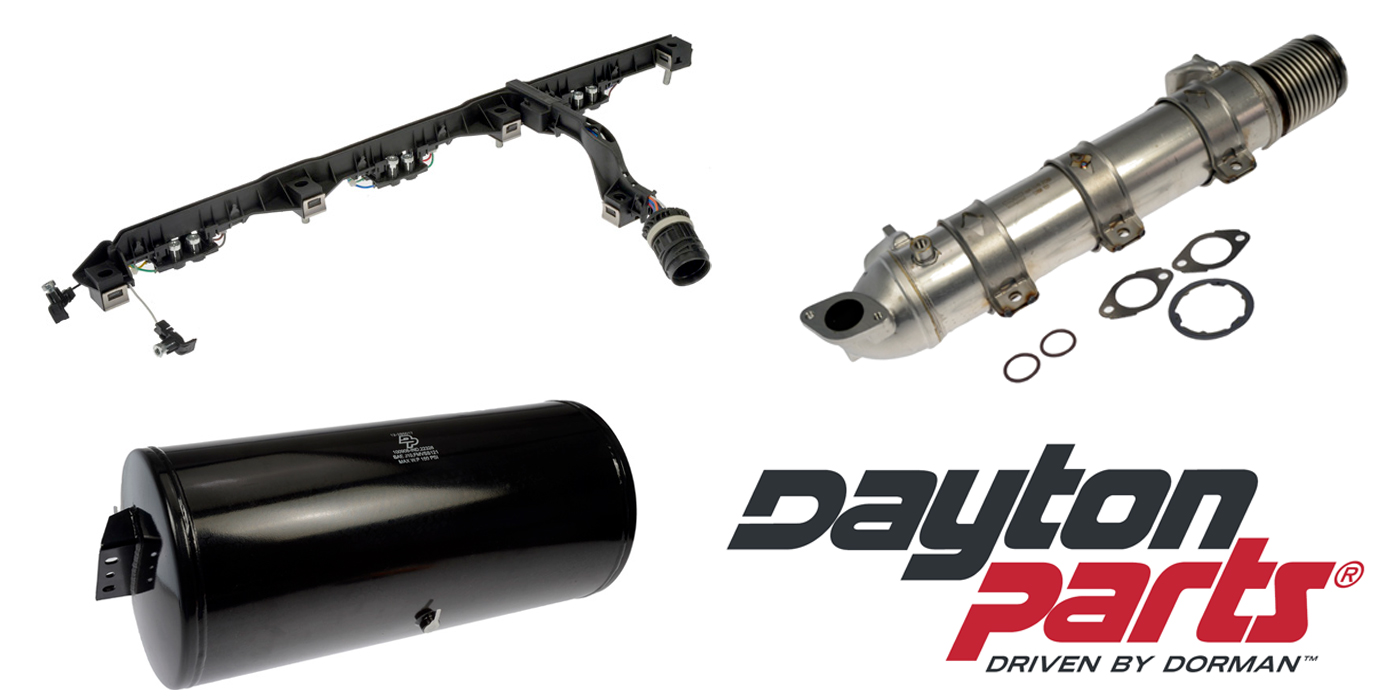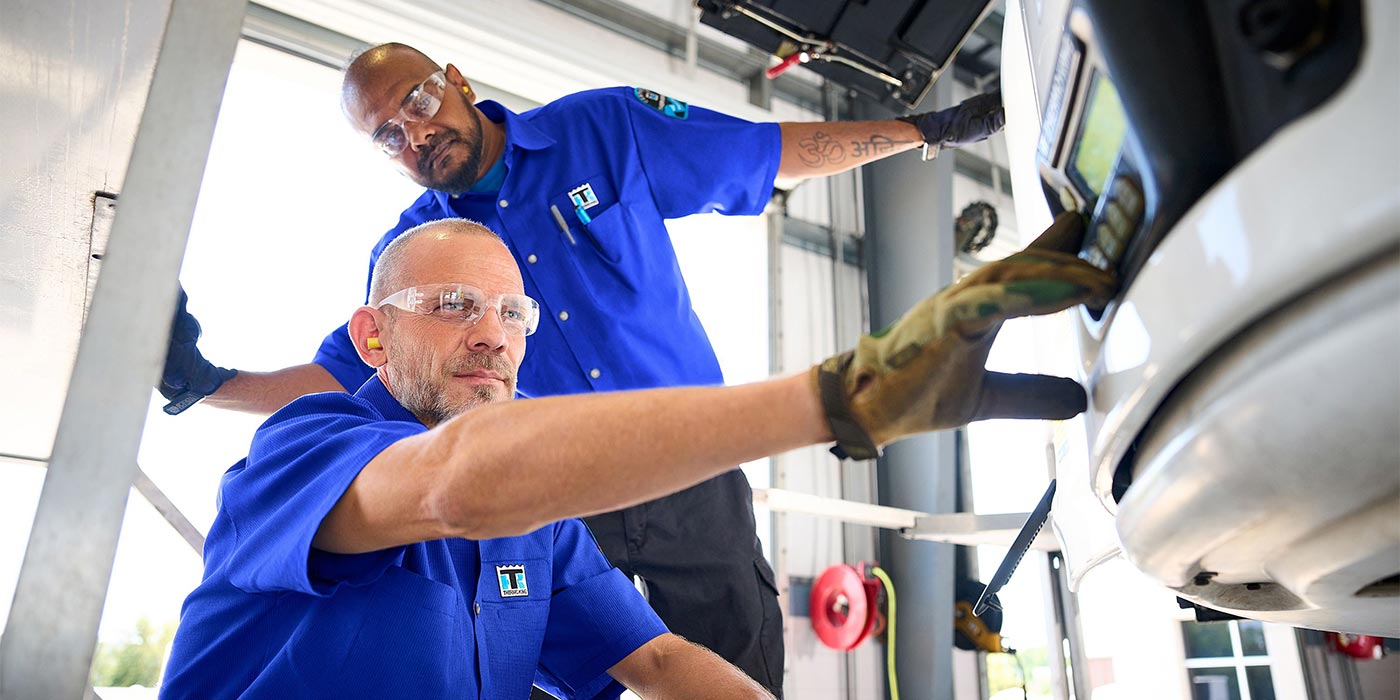Fleet owners and managers are under pressure to control costs, improve productivity and abide by anti-idle regulations, and solar technology is proving to be a viable solution to the growing list of challenges.
Today’s solar solutions are an integral part of non-refrigerated and refrigerated fleet operations within the transport industry. When fleets integrate solar products, they save fuel, reduce unplanned service calls and keep drivers comfortable on the road without idling their engines.
Solar technology applications and potential ROI
Fleets of all sizes adopt solar technologies as a supplemental power source, but overall needs and power usage can vary greatly. Solar panels go beyond power and batteries, they can also charge refrigeration units, auxiliary power units (APUs), telematics solutions, lift gates and more.
Take, for example, Bellavance Trucking, which recently installed solar panels on 21 tractors in its fleet. The panels primarily charge a bank of four batteries that power an HVAC system and electrical outlets in the tractors’ sleeper cabs. Before installing solar panels, the fleet’s shop supervisor reported that their trucks idled 28% of the time they were on the road to support drivers during sleep and rest periods, and to power electronics. Now, Bellavance drivers idle 6% or less because solar panels allow them to power their cabs for 10 to 14 hours without starting their engines. This saves fuel consumption, engine hours, battery life and environmental emissions.
For fleets that deliver perishable goods such as food and pharmaceuticals, solar panels also provide peace of mind that batteries for refrigeration units will stay charged without unnecessary idle time during unloading or parked periods. In addition, regulated temperatures are critical for refrigerated transport, and a dead battery in a reefer unit typically requires a service call and increases the risk that goods have not been refrigerated adequately. Both of these factors not only save fleets like Bellavance Trucking on fuel consumption, but also invaluable time worrying about whether or not products will arrive safely.
Electric APUs are another key component to save fuel, maintain driver comfort and reduce engine hours, and solar provides the opportunity to make this piece of equipment even more valuable. Because electric APU batteries only charge when a truck is running, it can be challenging for fleets to keep their electric APUs charged enough to power everything drivers require. Once Bellavance Trucking installed solar panels, they immediately noticed that their electric APUs run significantly longer, which helps them reduce idle times and engine hours even more.
Solar products help businesses lower cost of ownership, reduce emissions and decrease waste while their fleets simultaneously transport goods to their final destinations safely and efficiently.
This article was contributed by Paul Kroes of Thermo King.














